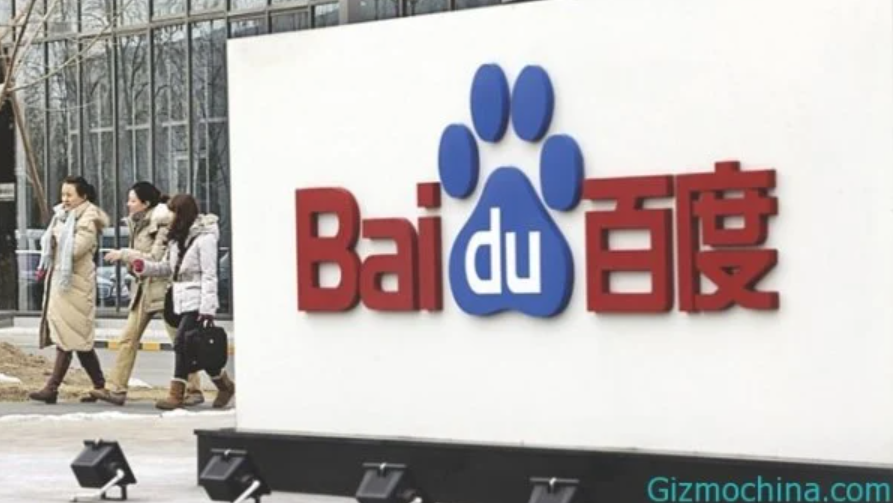In a robust third-quarter performance, Baidu, the Chinese tech giant, reported a 6% increase in revenue to 34.45 billion yuan, surpassing analysts’ expectations. The company’s adjusted net income also demonstrated a healthy 23% rise to 7.27 billion yuan, propelling U.S.-listed shares up by 1.8% in morning trading.
Despite these gains, Baidu faces challenges in the AI chip landscape due to U.S. export curbs, with CEO Robin Li Yanhong acknowledging potential impacts. However, he reassured stakeholders, stating that Baidu’s extensive stockpile of AI chips could sustain the upgrading of its Ernie large language model for the next two years. To mitigate future risks, the company is actively exploring alternative sources, with recent reports suggesting a potential deal with Huawei for domestically-made AI chips.

The U.S. sanctions on AI chip exports to China, particularly from companies like Nvidia, pose a broader concern for the pace of AI development in the country. Baidu anticipates a potential consolidation of Chinese AI companies, particularly around leading large language models (LLMs), as competitors Alibaba and Tencent express their own anxieties regarding the impact of U.S. curbs on their cloud computing businesses.
In the face of a 2% year-on-year decline in Q3 AI cloud revenue, attributed to weak demand in smart transportation projects, Baidu remains optimistic about positive growth in Q4. The company attributes this optimism to the increasing demand for generative AI services.
The Ernie Bot ecosystem, a significant focus for Baidu, has gained remarkable traction since its March launch. Accumulating 70 million users within three months and handling tens of millions of queries daily, Ernie Bot positions itself as a formidable player in the AI landscape. Its success is particularly noteworthy as Baidu, Alibaba, and Tencent all release competitors to OpenAI’s ChatGPT.
While Baidu’s current revenue from generative AI is relatively modest, CEO Li is optimistic about the future. He forecasts that generative AI products will contribute significantly to ad revenue in the fourth quarter, emphasizing a strategic realignment of resources to invest further in AI growth opportunities and move away from lower-priority efforts.
In the broader market context, Baidu’s revenue growth aligns with China’s overall economic projections, expected to grow by 5.4% this year. This growth prompts increased spending on consumer advertising online, a boon for Baidu, which primarily derives revenue from advertising.
Related:
- Baidu’s Strategic Approach to Navigate AI Development amidst US Export Restrictions
- Tencent’s Big Move into AI-Enhanced Healthcare in China
- ByteDance surges ahead in Q2 2023, challenging tech titans like Tencent and Alibaba
(via)







